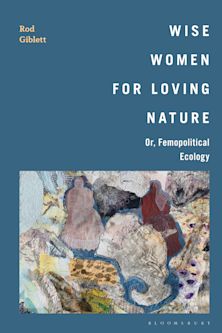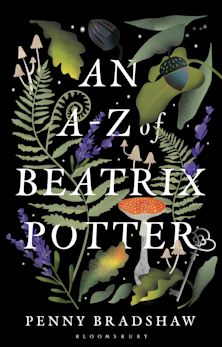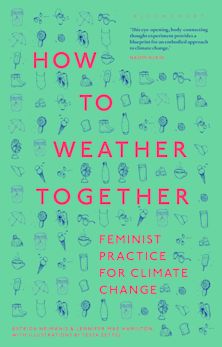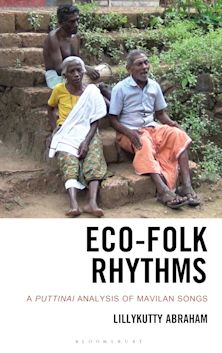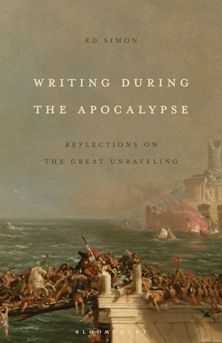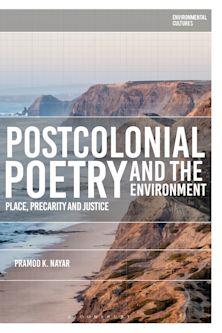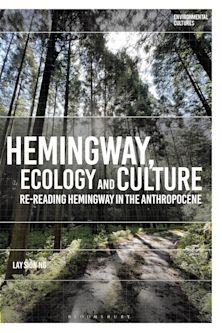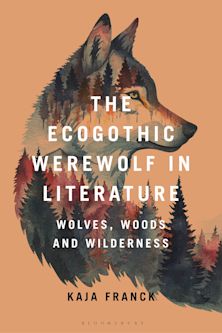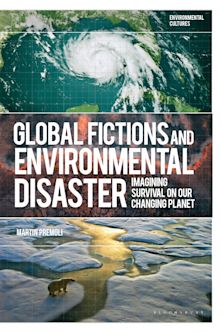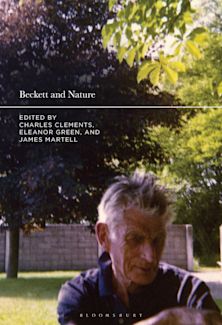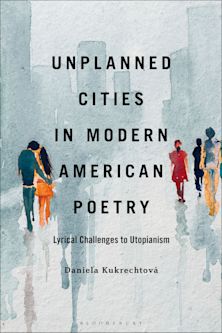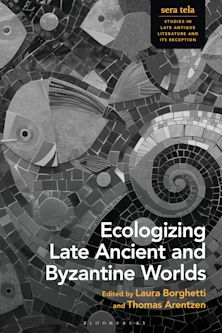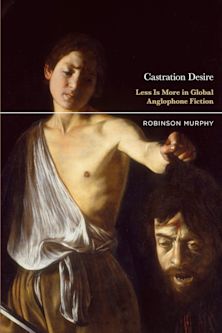- Home
- ACADEMIC
- Literary Studies
- Environmental Humanities/Literature and the Environment
- Loren Eiseley’s Writing across the Nature and Culture Divide
Loren Eiseley’s Writing across the Nature and Culture Divide
Loren Eiseley’s Writing across the Nature and Culture Divide
You must sign in to add this item to your wishlist. Please sign in or create an account
Description
For the twentieth-century naturalist and poet Loren Eiseley, the relationship between human beings and the natural world has become unnatural, divided by the era of modern technology. Loren Eiseley’s Writing across the Nature and Culture Divide analyses how the philosopher of science becomes a boundary crosser in time and space. Qianqian Cheng points to Eiseley’s method of uniting science and the humanities to reflect on human evolution and the past and future role of science with a visionary and poetic imagination. Seizing the connectedness of living beings, Eiseley, and now Cheng, makes us aware of the presence of nature even in daily urban life. Qianqian Cheng unveils Eiseley’s merits, showing the poet as a necessary voice in the urgent mission to make individuals realize their responsibility to respond ethically to the living world.
Product details
| Published | Dec 15 2022 |
|---|---|
| Format | Ebook (PDF) |
| Edition | 1st |
| Extent | 1 |
| ISBN | 9781978799172 |
| Imprint | Lexington Books |
| Series | Environment and Society |
| Publisher | Bloomsbury Publishing |
About the contributors
Reviews
-
“Ray Bradbury thought that Loren Eiseley was the greatest nature essayist of the twentieth century, and I might add, more critically the twenty-first century as well. In Loren Eiseley’s Writing across the Nature and Culture Divide,Qianqian Cheng has brilliantly captured the essence of his love of all living things and the need for humankind to consciously reenter the sunflower forest and ‘find his kinship with other forms of life.’”
Bing Chen, President, Loren Eiseley Society
-
“In this impressive book, Qianqian Cheng provides a powerful guidebook to Eiseley's enduring relevance in the 21st century, offering a comprehensive overview of aspects of Eiseley's work that have become touchstones in Anthropocene scholarship. As Cheng illustrates, with his literary imagination and scientific training Eiseley can rightly be considered one of the founders of the field of environmental humanities. Insightfully drawing from the personal essays for which Eiseley is best known, but also from his histories of science and his poetry, Cheng shows how Eiseley expressed a clear-eyed concern for where humanity was heading that was wistfully melancholic, but not despairing. As we now live in that future world Eiseley envisioned and worried about, Cheng illustrates the importance of Loren Eiseley as a prophetic philosopher of the Anthropocene.”
Tom Lynch, Emeritus Professor, University of Nebraska

ONLINE RESOURCES
Bloomsbury Collections
This book is available on Bloomsbury Collections where your library has access.












